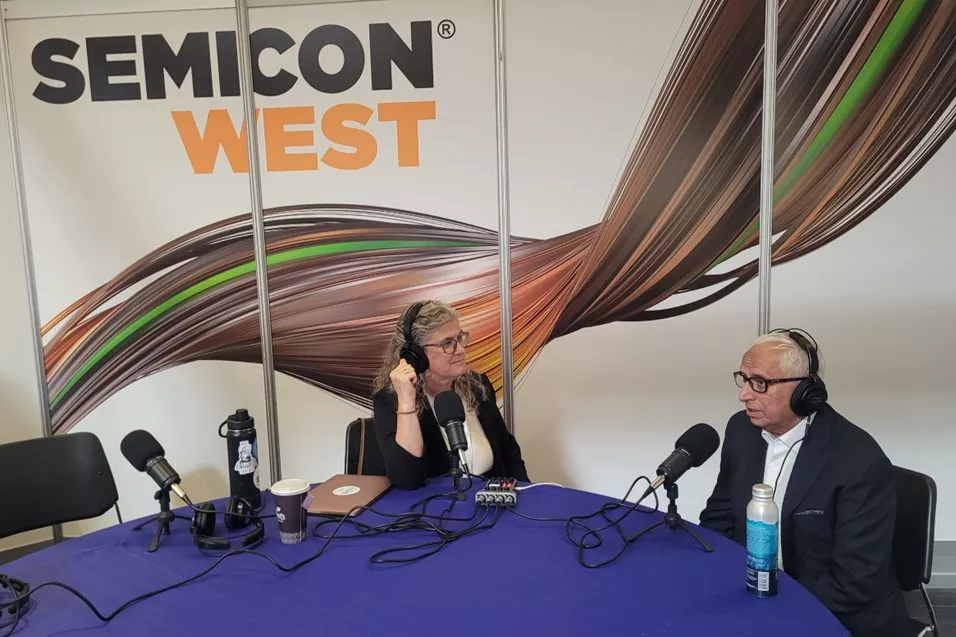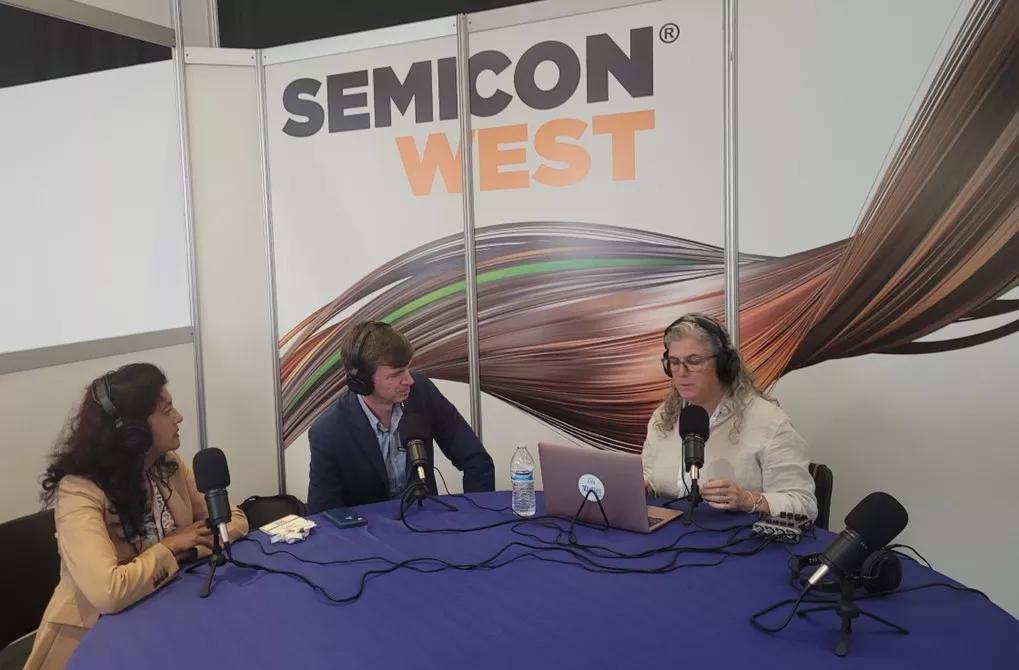The semiconductor industry is poised for remarkable growth fueled by rising demand for chips across various segments and applications, including high-performance computing, data centers, network architectures, electric and autonomous vehicles, artificial intelligence, and machine learning. Analysts predict the industry will nearly double in annual revenue to $1 trillion by the end of the decade. However, significant challenges such as supply chain disruptions and a growing shortage of skilled talent threaten to undercut the industry’s growth potential. Companies across the value chain are also working to address another big issue: climate change
The industry’s growth path, developing the talent required to optimize it, and the push for net zero carbon emissions were focus topics of the keynote program at SEMICON West 2023, North America’s premier exhibition and conference for the microelectronics supply chain hosted by SEMI in July at the Moscone Center in San Francisco.
 At the event, SEMI president and CEO Ajit Manocha recorded a podcast with Francoise von Trapp of 3D InCites, discussing how the industry is addressing challenges to growth in the final episode of the SEMICON West podcast series featuring conversations with keynote and panel speakers, exhibitors and SEMI executives recorded before and at the event.
At the event, SEMI president and CEO Ajit Manocha recorded a podcast with Francoise von Trapp of 3D InCites, discussing how the industry is addressing challenges to growth in the final episode of the SEMICON West podcast series featuring conversations with keynote and panel speakers, exhibitors and SEMI executives recorded before and at the event.
Manocha shares highlights from the event and touches on the Path to $1 Trillion, Path to Net Zero and Path for Talent CEO Summit keynotes, and he discusses a key headwind to the industry’s growth – requirements by governments to restrict the use of per- and polyfluoroalkyl substances (PFAS) used in semiconductor manufacturing. For a half century, products containing small quantities of PFAS have been essential to chipmaking and electronics innovations that have transformed the world, and the industry has struggled to develop alternatives because of the substances’ unique chemical properties.
 Additionally, SEMI Vice President of Global Sustainability Programs Dr. Mousumi Bhat and National Wildlife Federation CEO Collin O’Mara recorded a podcast with von Trapp about key takeaways from the sessions at the Climate Equity and Social Impact Pavilion at SEMICON West.
Additionally, SEMI Vice President of Global Sustainability Programs Dr. Mousumi Bhat and National Wildlife Federation CEO Collin O’Mara recorded a podcast with von Trapp about key takeaways from the sessions at the Climate Equity and Social Impact Pavilion at SEMICON West.
O’Mara shares opportunities for the semiconductor industry to address the climate crisis, while Bhat discusses how the SEMI Sustainability Initiative and the Semiconductor Climate Consortium are facilitating collaboration across the value chain to achieve the industry’s net zero goals.
Samer Bahou is director of Marketing Communications at SEMI.